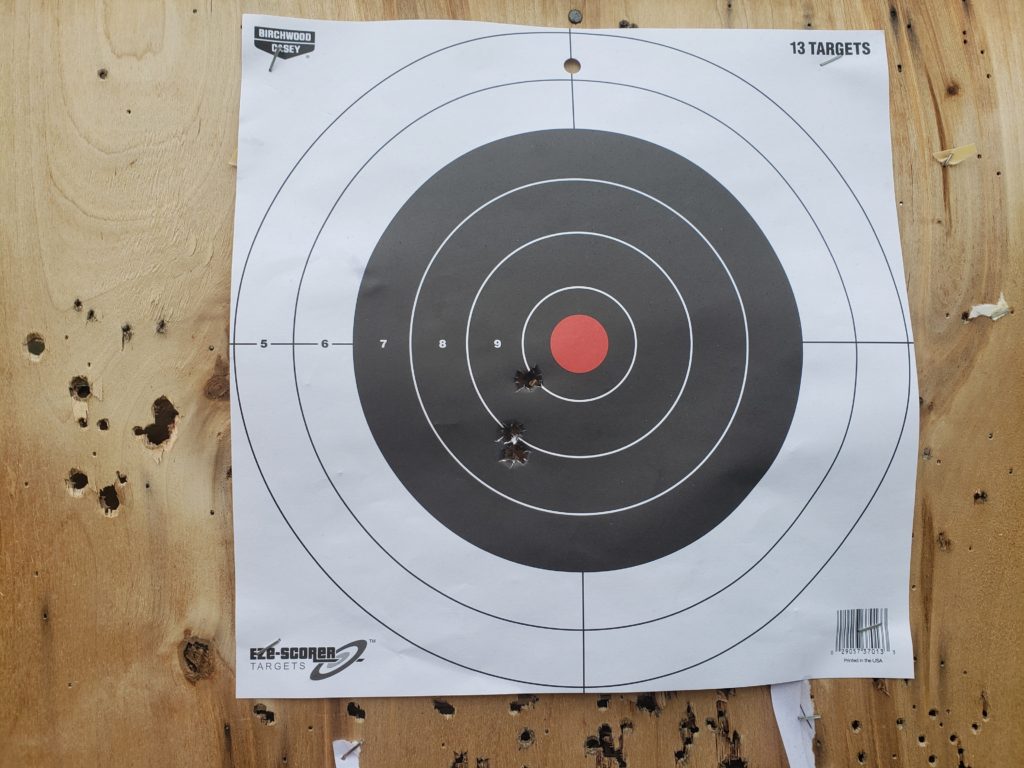Democrats are making universal background checks a priority. They’re right to do so.

A woman prays outside Marjory Stoneman Douglas High School in Parkland, Fla., on Feb. 18, 2018, days after a shooting at the school left 17 people dead. (Matt McClain/The Washington Post)
UNDER FEDERAL law, certain categories of people are not allowed to buy or possess firearms. Background checks, introduced in 1994, have blocked licensed dealers from making more than 3.5 million gun sales to such people. There is, however, no system to prevent these same prohibited purchasers — felons, domestic abusers, fugitives and others deemed dangerous to themselves or others — from buying at a gun show, over the Internet or through a newspaper ad. No background checks. No questions.
The situation makes absolutely no sense, as more than 90 percent of Americans agree. Democrats and Republicans, gun owners and non-owners favor universal background checks. Democrats, who just took control of the House, are right to make this issue a top legislative priority.
Bipartisan legislation requiring background checks on all guns was introduced Tuesday in the House by Gun Violence Prevention Task Force Chairman Mike Thompson (D-Calif.) with the backing of House Speaker Nancy Pelosi (D-Calif.). The bill was named H.R. 8 in honor of former congresswoman Gabrielle Giffords (D-Ariz.), who was grievously wounded eight years ago on Jan. 8 in a shooting that killed six people and wounded 12 others. Returning to Capitol Hill for the bill’s introduction, Ms. Giffords tweeted: “Speaking is still difficult for me, but I don’t think I can make myself more clear: Congress must act to make our country safer from gun violence.”
Gun rights absolutists rather predictably reacted by noting that the man who tried to kill Ms. Giffords had passed a background check. And they’re correct: No single solution will end all gun violence. But, as with other complex problems, it makes sense to take steps that can help strengthen protections and save lives. Think, for example, how universal background checks might have helped the Wisconsin woman shot and killed in January 2018 by her husband, who bought a firearm from a seller he met online, despite his felony conviction. Or the woman, her husband and her six children who police say were killed in 2015 in Texas by the woman’s former partner with a gun bought online from a stranger despite his criminal history.
State laws requiring universal background checks, according to Everytown for Gun Safety, are associated with lower firearm homicide rates, lower firearm suicide rates and lower firearm trafficking. Plugging this deadly and unnecessary loophole (background checks impose no burden on law-abiding gun purchasers) is a critical first step in comprehensive gun violence prevention. Prospects for passage in the House look good, but the Republican-controlled Senate, where a similar bill was introduced this week by Connecticut Sens. Chris Murphy (D) and Richard Blumenthal (D), is a different story. Even after the 2012 slaughter of elementary school children in Newtown, Conn., the Senate couldn’t muster the votes to clear procedural hurdles for a vote on a modest expansion of background checks.
Since then, though, the national debate on gun safety has been reshaped by activism fueled by the tragedies of lost lives in a South Carolina church, a Florida nightclub, on the Las Vegas Strip, a Florida high school, a Pittsburgh synagogue and too many other places. Senators, particularly those who will run for reelection in 2020, might want to take note of this changed landscape. Gun law reform is no longer the third rail of politics but an issue that helped Democrats win control of the House.
You may also like
-
The Latest California Anti-Gun Brainstorm New York Wants to Import: Gun Owner Liability Insurance
-
Minnesota Bill Would Ban Transfer of Semi-automatic Firearms
-
Wisconsin Gun Shop Draws Protest After School Board Candidates Appear at Event by Cam Edwards of Bearing Arms
-
Reckless Lawsuits Against Firearm Industry Members SB 318
-
GET OUT AND VOTE STARTING MARCH 18TH FOR BRAD SCHIMEL
